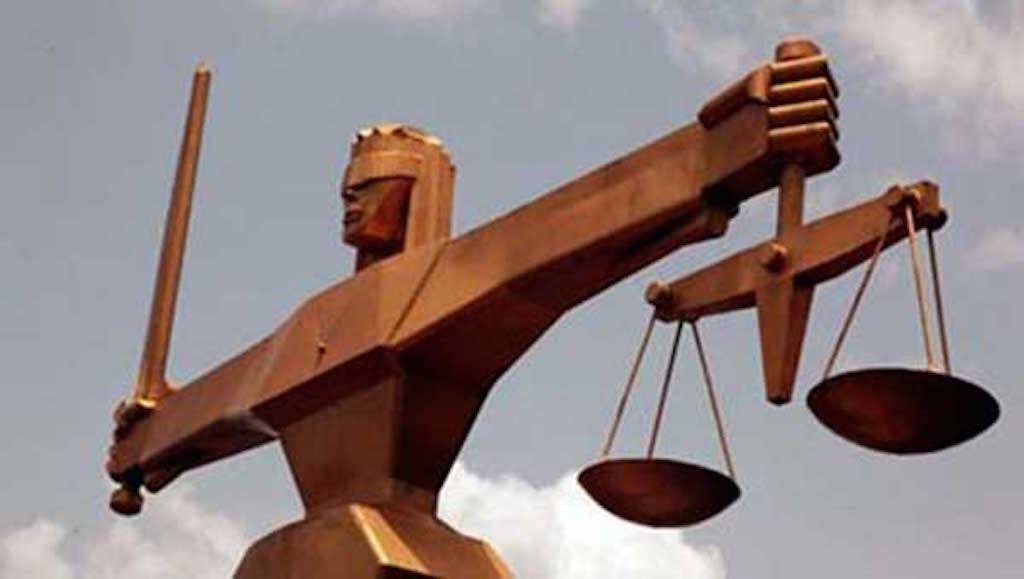The Trump effect was underway long before Trump. But now, it is empowered

Israel, India, Britain…The grim rollcall of countries where long-standing norms of political behaviour are increasingly disregarded, and where elected leaders attack the tools that keep democracy vibrant and true. Stanford political scientist Larry Diamond has described some of these tools as follows: judicial independence, a free media, a deeply engaged civil society, universities, the civil service, intelligence agencies and the police.
Quite so. These are the very tools that have been used to devastating effect in Turkey, Hungary, Poland and elsewhere. And the results are obvious.
So, what role has Donald Trump played in all of this, one might well ask. Wasn’t this doleful progression already underway, long before he won the 2016 election?
Yes and no.
The truth is Mr Trump has normalised behaviour that thus far was considered the preserve of authoritarian regimes.
Timothy Naftali, a historian and former director of the Richard Nixon Presidential Library and Museum, recently noted that it’s unusual in a republic for all government activity to be the product of the id of the leader.
It’s also unusual in a country of laws that an embattled leader can call into question the very legitimacy of those opponents challenging his conduct.
Mr Trump’s brazenness on this front has emboldened leaders elsewhere.
- In Israel, prime minister Benjamin Netanyahu has dismissed as a political “witch hunt” the corruption charges currently being pursued by the country’s attorney general against him.
- In Britain, prime minister Boris Johnson has described MPs who don’t want the country to crash out of the EU on Halloween as agents of “surrender” and “betrayal.”
- In India, the Hindu nationalist BJP government describes political rivals as “anti-national” liberals and the media is cast as “presstitutes”.
Equally troubling is the way conspiracy theories about the “deep state” are being floated on both sides of the Atlantic. Mr Trump’s son, Donald Trump Jr., has suggested Jewish financier George Soros is somehow responsible for the current impeachment inquiry. And on Oct. 3, Jacob Rees-Mogg, currently leader of Britain’s House of Commons, named Mr Soros as a supposed enemy of Brexit.
Mr Trump has given cover and ballast to anti-democratic tools.

